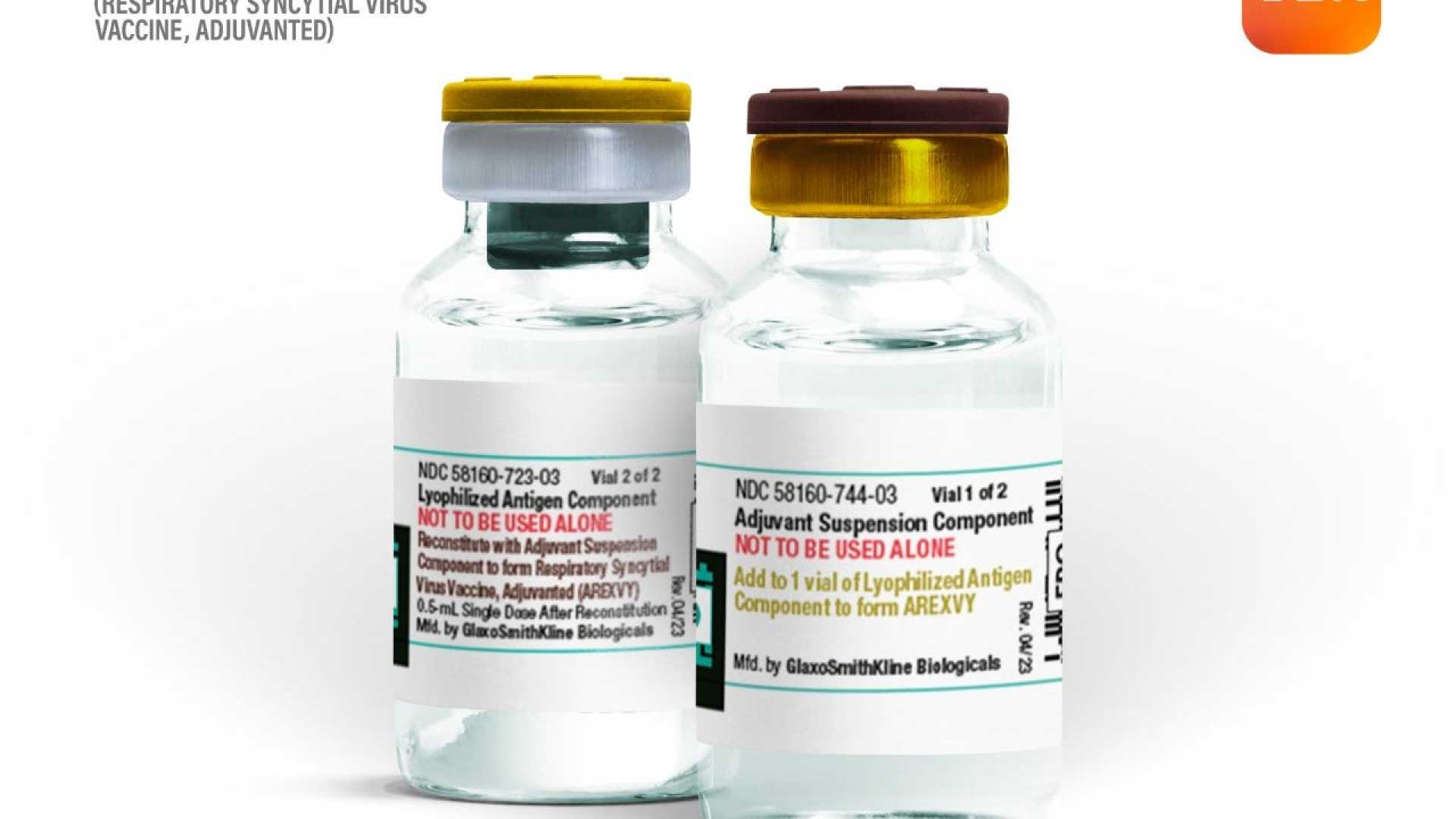Health
New RSV Vaccine Guidelines: CDC Recommends Vaccination for Adults 75 and Older

The Centers for Disease Control and Prevention (CDC) has updated its guidelines for the respiratory syncytial virus (RSV) vaccine, strongly recommending that all adults aged 75 and older receive the vaccine. This recommendation is part of an effort to protect this vulnerable age group from the severe consequences of RSV infection, which can lead to hospitalization and even death.
RSV is a common respiratory virus that can cause cold-like symptoms, but it poses a significant threat to young children and older adults. According to the CDC, approximately 100,000 seniors are hospitalized each year due to RSV, resulting in around 10,000 fatalities among older adults. The virus typically circulates during the fall and winter months, alongside other seasonal viruses like influenza.
In addition to the recommendation for adults 75 and older, the CDC advises that adults between 60 and 74 years old should consider getting the RSV vaccine if they are at an increased risk for severe illness. This is particularly important given that nearly 95% of individuals aged 60 and above have at least one chronic health issue, making them more susceptible to severe RSV disease.
The RSV vaccine has been shown to be highly effective. Clinical trials indicate that recombinant F protein vaccines are over 90% effective against severe RSV-related lower respiratory tract diseases in older adults. For infants, maternal vaccination during pregnancy can provide approximately 70% efficacy against severe RSV within 180 days of birth.
For infants, the CDC recommends protection against severe RSV through either vaccination during pregnancy or infant immunization after birth. Pregnant individuals can receive the RSV vaccine (Pfizer‘s Abrysvo) between weeks 32 and 36 of pregnancy, providing maternal antibodies that protect the baby for about six months after birth. Alternatively, infants can receive an RSV antibody (nirsevimab) shortly before the RSV season or within one week after birth if born shortly before or during the RSV season.
While the vaccines are highly effective, there are some safety concerns associated with certain types of RSV vaccines. For example, vaccines targeting the G protein have been found to induce pulmonary immunopathology, including excessive eosinophil infiltration, in animal models. However, these issues are being closely studied to mitigate any adverse effects.












